We have already told you about what the carnivore diet is. Now you need to learn the basic rules of zero carb nutrition, what kind of food you can eat and how it affects your health. In this article, you will find the most popular questions that will give you details on how to start and how to follow the carnivore diet. Then, I will tell you how it works and what basic principles of the carnivore anti-inflammatory diet you need to know.
Is the carnivore diet safe? How to lose weight on the carnivore diet? Do you need to count calories on a carnivore diet? Find out the answers to these and many other questions in our detailed Carnivore FAQ.
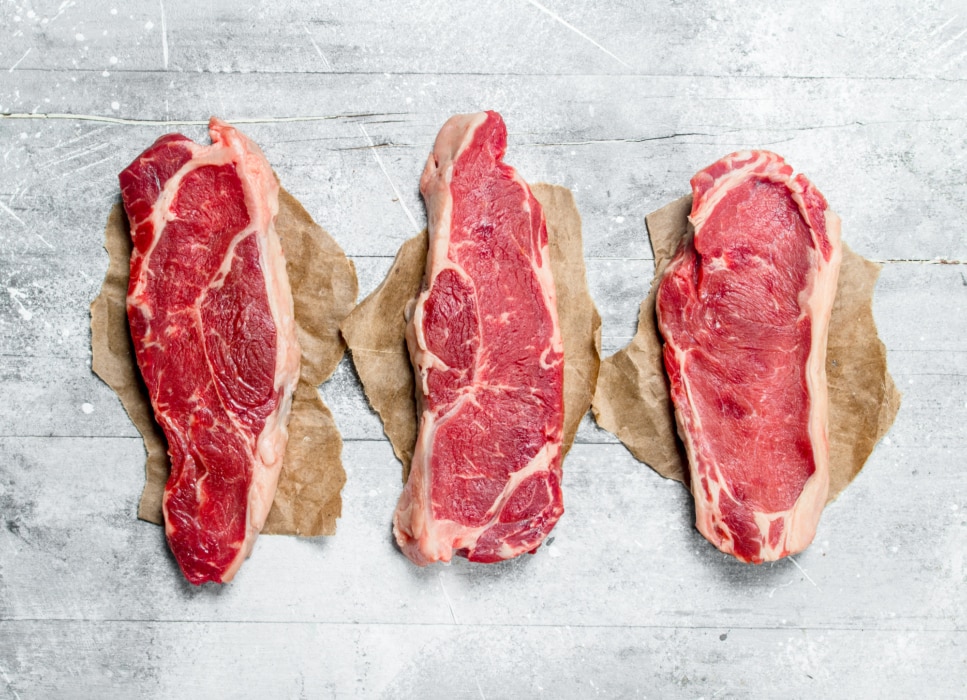
Carnivore FAQ: Main Rules to Follow
Is the Carnivore Diet Safe?
The carnivore diet is safe for you if you don’t have any problems with your kidneys, liver, eating habits or fat metabolism. However, you should consult your doctor and take tests before starting low-carb diets.
Why Carnivore Diet Works?
The carnivore diet works in several directions at once. First, it helps you eat less by reducing your appetite and prolonging satiety after eating animal food [1]. Second, carnivore also forces your body to use fat as an energy source along with the total carb restriction. Third, it eliminates all plant-based food, which sometimes lead to chronic inflammation.
Carnivore FAQ: Foods to Eat and to Avoid
Is Carnivore Diet Ketogenic?
The carnivore diet can also be a keto diet, meaning your body will be in ketosis while using fat as your main source of nutrition. If you follow a carnivore diet in the right proportions, then you can say that any carnivore is keto, but not all keto is carnivore.
Does Carnivore Diet Put You in Ketosis?
If your menu contains an excess of protein and a lack of fat, then ketosis may not start. It is because your body can break down excess protein and turn it into glucose, preventing ketosis. If you eat enough healthy fats and limit your protein intake, then you will definitely have ketosis.
Can You Have a Cheat Day on Carnivore Diet?
If you are following a carnivore diet for weight loss [2] or solving a health problem (for example blood sugar regulation), you should avoid cheat days because they will hurt your results. However, if you’re doing zero carb only because you love it, you can sometimes afford to break the diet for fun.
Do Calories Matter on Carnivore Diet?
No, you don’t need to count calories on a carnivore diet, as each body is individual and reacts differently to a high-fat and high-protein diet. You are unlikely to eat too much, as animal products saturate you quickly and for a long time. You may eat very little food one day and a lot more the next. And that’s okay.
1000-Calorie Diet: Weight Loss Tool or Health Hazard?
Do I Have to Count Calories on Carnivore Diet?
You may not be counting calories on carnivore, but you should stick to a reasonable amount of food while eating zero carbs. Sometimes people eat too little because animal food is very satiating, and sometimes they eat too much fat and processed meats. Both options will do you no good, so stick to moderation.
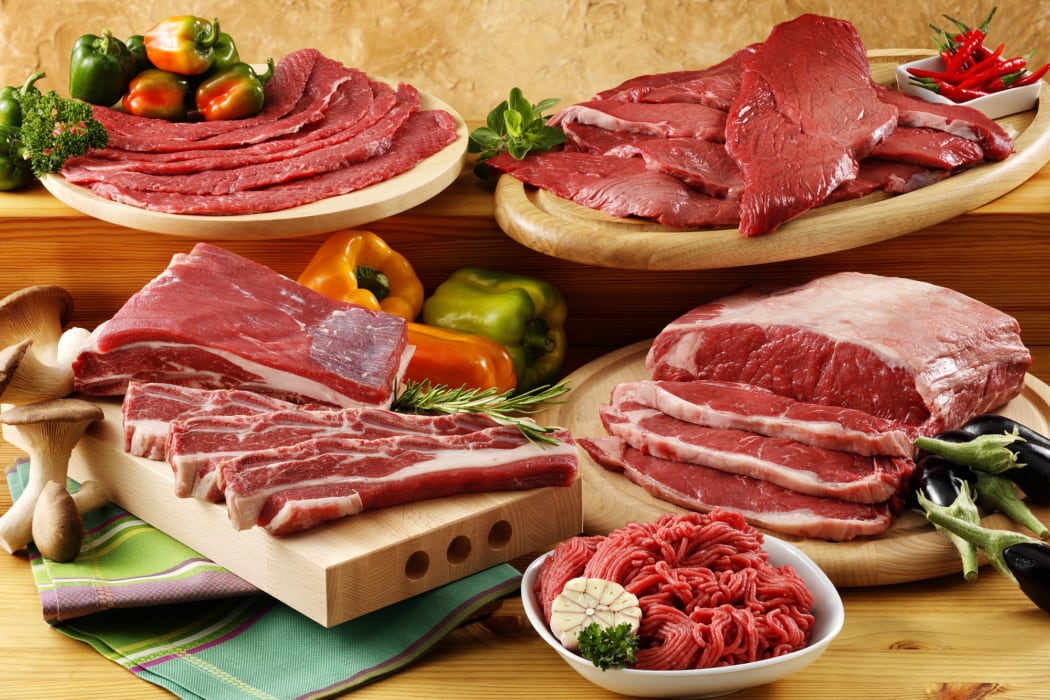
How Many Calories Do I Need on Carnivore Diet?
Although you may not count calories while on a carnivore diet, you should be careful not to eat too little or too much. Try to meet your daily norm, which is 1500-200 calories for women and 2000-2800 calories for men. Add 10-15% if you lead an active lifestyle.
Does Carnivore Diet Make You Thirsty?
Like the keto diet, carnivore has the ability to rid you of the excess fluid that carbs normally hold. However, as you sweat, you lose electrolytes, which makes you feel thirsty. Pure water may not help you with this. Therefore, consume electrolytes if you feel very thirsty during the carnivore diet.
Carbs in Bacon: Everything You Want to Know
What Is Dirty Carnivore Diet?
Dirty carnivore usually means following a carnivore with occasional additions of vegetables, sauces, dark chocolate, or other low-carb, plant-based foods. Usually, a dirty carnivore diet is followed by people who have chosen this eating style because they like it, but not for treatment or weight loss.
How Fast Do You Lose Weight on Carnivore Diet?
If you switch to carnivore from a high carbohydrate diet, you can lose about 5 pounds in the first week due to fluid loss (it is called water weight) and 1-3 pounds in the following weeks. If you switch to carnivore from a keto diet, your weight loss will remain stable at 1-3 pounds weekly.
Why Am I Not Losing Weight on Carnivore Diet?
You may not lose weight on a carnivore diet if you overeat and don’t move much. In this regard, carnivore works like any other diet – you need to burn more than you consume. Yes, you can skip calories, but you still need to stick to a reasonable amount of food if you want to lose weight.
Why Am I Gaining Weight on Carnivore Diet?
If you gain weight within three months of a carnivore diet, it may be the result of your past severe dieting experience. If you switch to zero carb nutrition from a very strict diet, then your body can gain muscle mass and a healthy weight after a deficiency it has had for a long time.
Can You Get Fat on Carnivore Diet?
Yes, you can get fat on the zero carb diet if you eat too little and ignore an active lifestyle. The carnivore menu consists of fat and protein, and this is a hearty and high-calorie food. You will gain fat if you overeat significantly above your normal calorie intake.
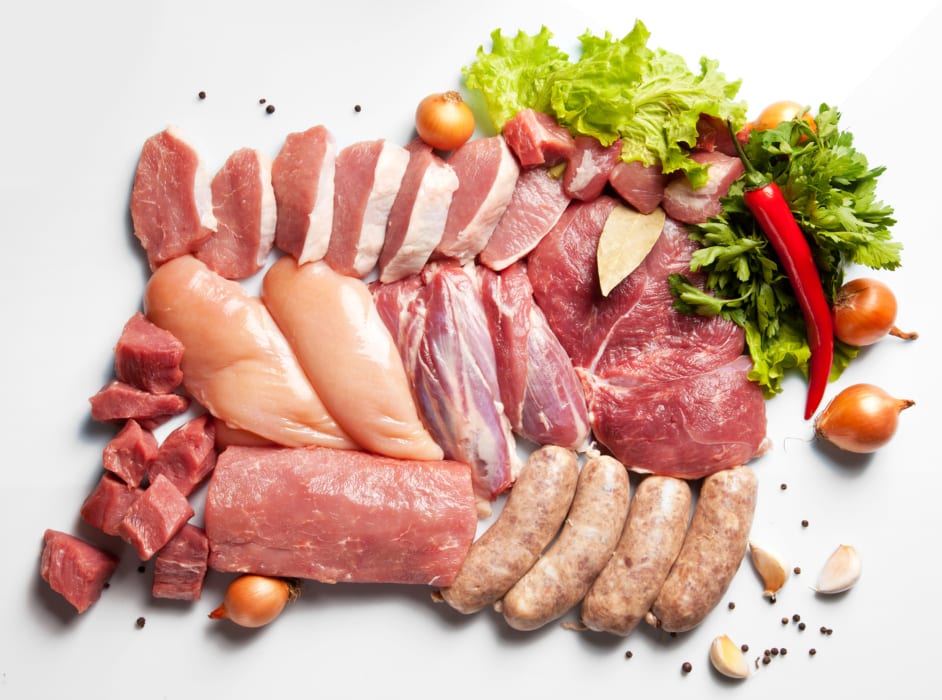
Do You Need to Exercise on Carnivore Diet?
The carnivore diet works well for weight loss and health even without exercise. However, if you want to improve your health in addition to the zero carb diet, you should not ignore an active lifestyle. It will only speed up your weight loss and bring you even more health benefits.
Do You Have to Workout on Carnivore Diet?
No, you don’t have to work out while on a carnivore diet. You can get all the benefits of carnivore without intense workouts. [3] However, this style of eating goes well with strength, cardio, and other types of training.
Can You Gain Muscle on Carnivore Diet?
Yes, one of the benefits of the carnivore diet is increasing muscle mass and reducing the amount of fat in your body. Even if you don’t exercise, you can maintain muscle mass by consuming enough healthy protein in your diet. You need to consume about 1 gram of protein per 1 kg of your body weight to maintain muscle mass during any diet.
Can You Get Shredded on Carnivore Diet?
Combined with strength training, the carnivore diet produces excellent results in getting lean and building muscle. In addition, it provides you with an excellent combination of healthy proteins and fats and high energy levels that allow you to get shredded on a carnivore diet.
Do You Lose Muscle on Carnivore Diet?
If you lose more than 1% of your body weight in a week on carnivore, you may also lose some muscle mass. Stick to enough calories, protein, and fat, and add some exercise to keep your muscle mass while losing weight.
Why Do I Feel So Good on Carnivore Diet?
The carnivore diet gives you a lot of physical and mental energy [4]. Your body is cleared of carbohydrates and begins to work on fats, which, in the process of breaking down, give you a lot of endurance and mental clarity. The best benefit of any low carbohydrate diet is feeling really good (if you do everything right).
How Long to Feel Good on Carnivore Diet?
If you are switching to carnivore from high-carb diets or very low-carb nutrition, you will feel better 2-5 days after starting the diet. Some people may need about a week to overcome the adaptation process. If you switch to zero carb from a regular keto diet, then you feel better the day after removing all plant foods.
Is Carnivore Diet Sustainable?
Some U.S. studies show that adding meat and low-lactose dairy foods can reduce environmental damage. In addition, carnivore has a lower carbon footprint and can be considered a sustainable diet when compared to consuming high amounts of high lactose dairy and grains.
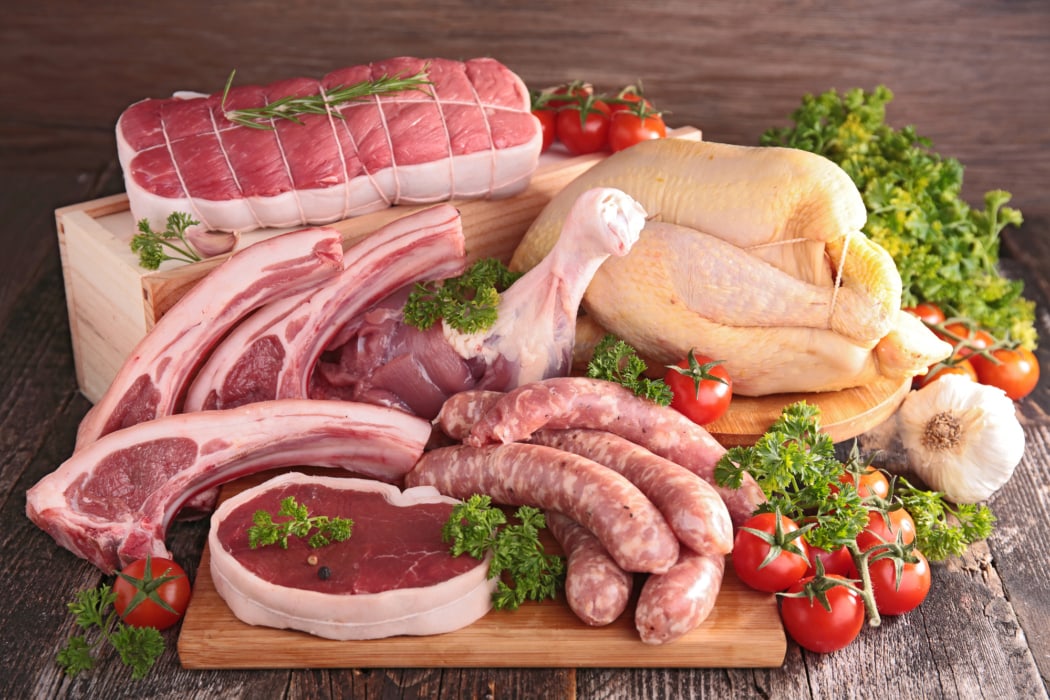
Why Am I Not Hungry on Carnivore Diet?
You feel fuller for longer when your diet is based on healthy animal fats and proteins. If you have already tried the keto diet, then you are familiar with the lack of hunger after a hearty meal. Some people can only eat once a day during a carnivore diet, and that’s okay. It’s a good opportunity to rip all the benefits from OMAD fasting. But if you feel the need to eat 2-3 times a day, that is okay too.
Is the Carnivore Diet Expensive?
Many people find a carnivore diet too expensive, discouraging them from trying it. But in fact, the carnivore diet can be cheaper than any high-carb diet. You just need to eat the food that you can afford. There is no difference between ground beef and a juicy steak. It will fill you up the same way but cost you different money. Don’t ignore organ meats full of vitamins, fish, and poultry.
Can You Eat Vegetables on the Carnivore Diet?
The carnivore diet has very simple rules. You just need to eliminate all plant foods and eat only animal foods. So all the veggies must be completely eliminated. It is a pretty strict rule, but some meat eaters follow a dirty carnivore diet, occasionally adding low-carb vegetables or one low-carb fruit per week to their menu.
Why Vegetables Are Bad for You Carnivore Diet?
Some research shows that vegetables contain anti-nutrients [5] that serve as their defense mechanism. These anti-nutrients can interfere with your ability to absorb various vitamins and minerals. The main goal of the carnivore diet is to eliminate everything that can harm your health, provoke allergic reactions, or chronic inflammation.
Can Detox Water Flush Your Belly Fat Away?
Why No Vegetables on Carnivore Diet?
Vegetables are contrary to the key principle of the carnivore diet, which is the complete exclusion of plant foods. In addition, vegetables can prevent you from reaching ketosis during carnivore and affect all of its benefits. If you want to follow a pure carnivore system, you need to eliminate all plant foods.
Is Carnivore Diet Dangerous?
A carnivore diet can harm you if you eat too much protein [6], forgetting about healthy fats. Excess protein is bad for your liver and kidneys and can lead to various abnormalities [7] such as heart disease or some kind of chronic disease. Also, a carnivore diet can harm you due to a deficiency of vitamins and minerals. However, if you eat different parts of animals, including organ meats, and take low-carb supplements, you will strike the right balance.
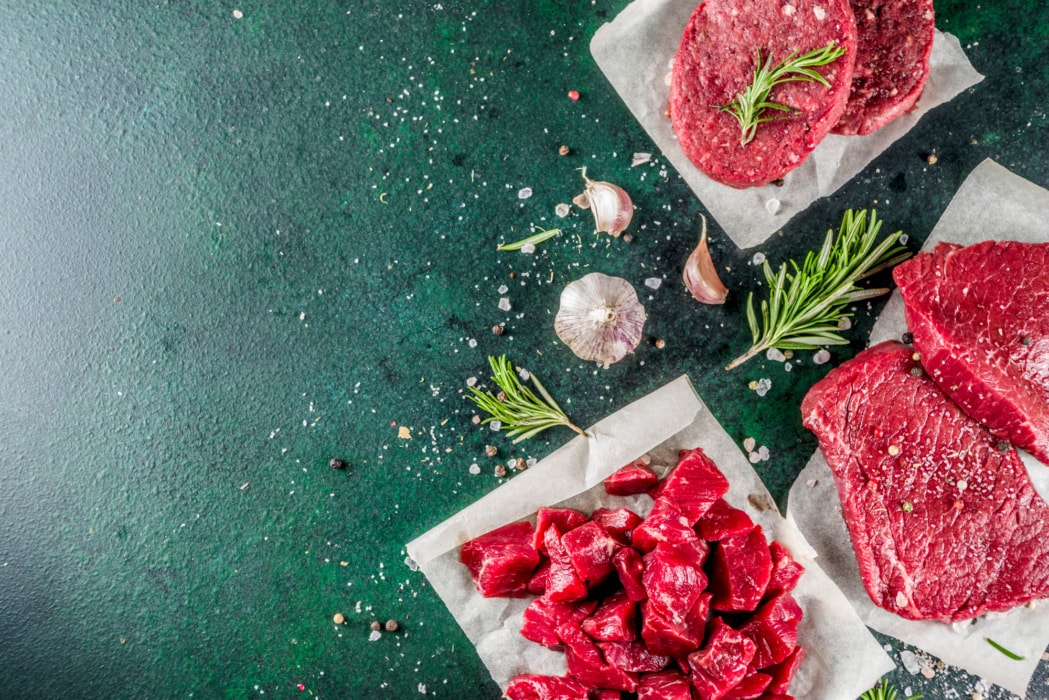
Is Carnivore Diet Safe Long Term?
There are many positive reviews from people who have been following the carnivore diet for a long time. In addition, short-term studies suggest that a carnivore diet may be safe long term [8]. However, this eating style is relatively new, and there are currently no studies confirming carnivore’s safety as a lifelong diet.
Why the Carnivore Diet Is Bad?
The carnivore diet excludes huge food groups – all plant foods. Therefore, it can lead to essential nutrients deficiencies if you do not support your body with supplements. You also need to control cholesterol levels, which can lead to cardiovascular disease when eating animal foods.
Sources:
- Protogerou, C., Leroy, F., & Hagger, M. S. (2021). Beliefs and Experiences of Individuals Following a Zero-Carb Diet. Behavioral sciences (Basel, Switzerland), 11(12), 161. https://doi.org/10.3390/bs11120161
- Kelly, T., Unwin, D., & Finucane, F. (2020). Low-Carbohydrate Diets in the Management of Obesity and Type 2 Diabetes: A Review from Clinicians Using the Approach in Practice. International journal of environmental research and public health, 17(7), 2557. https://doi.org/10.3390/ijerph17072557
- Cai L, Yin J, Ma X, Mo Y, Li C, Lu W, Bao Y, Zhou J, Jia W. Low-carbohydrate diets lead to greater weight loss and better glucose homeostasis than exercise: a randomized clinical trial. Front Med. 2021 Jun;15(3):460-471. doi: 10.1007/s11684-021-0861-6. Epub 2021 Jun 29. PMID: 34185279.
- Lennerz, B. S., Mey, J. T., Henn, O. H., & Ludwig, D. S. (2021). Behavioral Characteristics and Self-Reported Health Status among 2029 Adults Consuming a “Carnivore Diet”. Current developments in nutrition, 5(12), nzab133. https://doi.org/10.1093/cdn/nzab133
- Petroski, W., & Minich, D. M. (2020). Is There Such a Thing as “Anti-Nutrients”? A Narrative Review of Perceived Problematic Plant Compounds. Nutrients, 12(10), 2929. https://doi.org/10.3390/nu12102929
- Cuenca-Sánchez, M., Navas-Carrillo, D., & Orenes-Piñero, E. (2015). Controversies surrounding high-protein diet intake: satiating effect and kidney and bone health. Advances in nutrition (Bethesda, Md.), 6(3), 260–266. https://doi.org/10.3945/an.114.007716
- Delimaris I. (2013). Adverse Effects Associated with Protein Intake above the Recommended Dietary Allowance for Adults. ISRN nutrition, 2013, 126929. https://doi.org/10.5402/2013/126929
- Barber, T. M., Hanson, P., Kabisch, S., Pfeiffer, A., & Weickert, M. O. (2021). The Low-Carbohydrate Diet: Short-Term Metabolic Efficacy Versus Longer-Term Limitations. Nutrients, 13(4), 1187. https://doi.org/10.3390/nu13041187